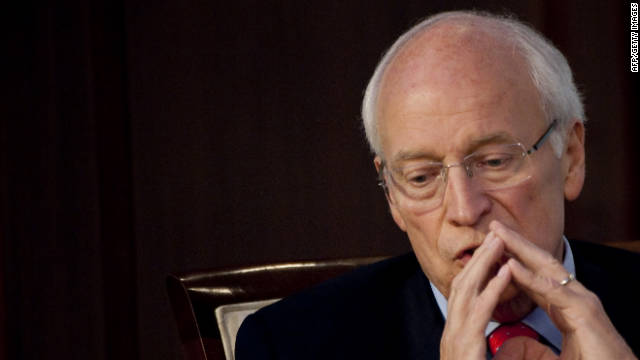By Carolyn Abdenour
Impunity Watch Reporter, Africa
CONAKRY, Guinea – On Tuesday, paramilitary police forces killed four people violently dispersing a march people attempted to join. Nineteen opposition parties organized the march. The police took control of the traffic circle and used tear gas and batons on people as they collated at September 28 Stadium, the prescribed meeting point. Ministry of Defense spokesperson Commander Aliou Diakite reported twenty-three police officers received treatment from injuries sustained by the rock-throwing activists.

Former Prime Minister Cellou Dalein Diallo, who narrowly lost current President Alpha Conde in last November’s run-off election, reported one of the four dead bodies arrived at the headquarters of Union of the Democratic Forces of Guinea, his political party. The other three bodies rested at the local morgue, but the morgue denied the victims’ families access to the bodies.
Diallo called the march to protest the upcoming December parliamentary elections, which he contends the government will rig. The country should have voted for parliamentary positions six months after the presidential election, but the Independent National Electoral Commission (“CENI”) pushed them back. Diallo asserts Conde placed a close friend as head of CENI who will attempt to tamper the votes.
On Monday, Prime Minister Mohamed Said Fofana met with opposition leaders to resolve the claims. After unsuccessful negotiations, Diallo announced the march would proceed despite a governmental ban. Tuesday morning, riot police assembled at main intersections around September 28 Stadium, and they fired tear gas grenades towards people attempted to organize. After pro-opposition youth began throwing rocks at the police, witnesses report he police fired live round in the Matoto district.
Spokesperson for the opposition parties Faya Millimono reported participants received injuries from gunshots and cuts. However, General Mamadouba Toto Camara, minister of security and protection reported the security forces “do not use firearms.”
This march was the first major demonstration since last year’s elections. Many shops and petrol stations did not open for business on Tuesday for fears of violence from the march.
The protest took place on the eve of the second anniversary of the September 28 Massacre. Under the rule of Junta chief Captain Moussa Dadis Camara, 150 people died when security forces fired live rounds at the anti-juanta protestors. Mass rapes also occurred at the hands of the security forces.
Shopkeeper Souleymane Sow, a supporter of Diallo, said “What is remarkable is that the police units are using riot control tools to disperse the protesters—tear gas and night sticks, and not fire arms for the most part…It’s my opinion that the repression I’m seeing is not too violent compared to what we are used to.”
For further information, please see:
Bloomberg – Guinea Opposition Says Four People Killed in Protests, 11 Hurt – 28 Sept 11
Alert Net – Timeline – Political Tensions Rise Again in Guinea – 27 Sept 11
BBC – Guinea Elections: Three Die as Police Break Up Protest – 27 Sept 11
Wall Street Journal – Police Disperse Guinea Opposition March – 27 Sept 11



